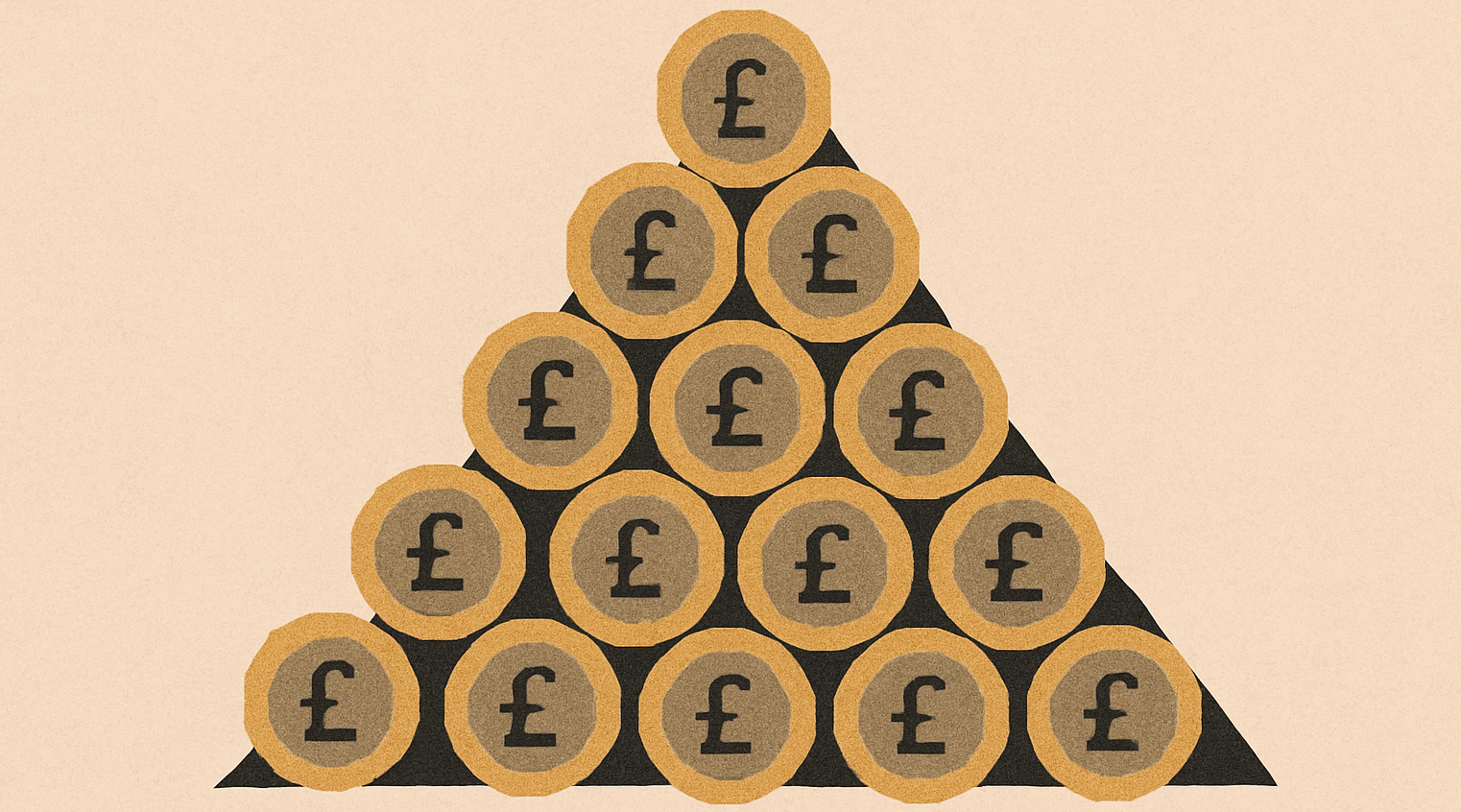Second Charge Mortgage Rates – Best Deals | Money Saving Advisors
Tips for finding the best second charge (secured loan) rates. Compare deals to ensure extra borrowing at a low rate.

Related articles
Current market rates and pricing structure
If you're considering borrowing against your property's equity, understanding current second charge mortgage rates is crucial. With rates varying significantly across the UK market, this quick guide will help you navigate the costs and options available to homeowners in 2025.
Current market rates and pricing structure
At the time of writing (October 2024), second charge mortgage rates in the UK start from around 5.99%¹ for the most creditworthy borrowers with specialist lenders, though the average rate is between around 7% and 13%. These rates are variable and depend on several key factors:
- Your loan-to-value (LTV) ratio
- Your credit history and score
- Income and affordability assessment
- Size and term of the loan
- Purpose of borrowing
For example, a homeowner with a property valued at £400,000 and an outstanding mortgage of £200,000 might secure these indicative rates:
- Up to 65% LTV: 5.99% - 7.99%
- 65-75% LTV: 7.99% - 9.99%
- 75-85% LTV: 9.99% - 12.99%
Cost comparison and real-world examples
Let's break down what this means in practical terms. Here's a theoretical scenario:
- Property Value: £400,000
- Outstanding Mortgage: £200,000
- Second Charge Amount: £50,000
- Term: 15 years
Your monthly mortgage repayments might look like this:
- At 6.99%: £449 per month (total repayable: £80,820)
- At 8.99%: £506 per month (total repayable: £91,080)
- At 10.99%: £567 per month (total repayable: £102,060)
These figures include typical arrangement fees of 1-2% and assume a fixed rate period of five years.
Additional costs and fees to consider
When calculating the total cost of your second charge mortgage, you'll need to factor in several fees:
- Arrangement Fees: 1-2% of the loan amount (£500-£2,000)
- Valuation Fees: £200-£400
- Legal Fees: £300-£700
- Broker Fees (if applicable): £500-£2,000
Many lenders offer fee-free options, but these typically come with slightly higher interest rates. For example, a fee-free product might have a rate of 8.49% compared to 7.99% with fees.
Summing up
When considering your financing options, it's important to assess your personal circumstances and explore the differences between secured loans, personal loans, and second charge mortgages. The interest rate, monthly repayments, and loan-to-value ratio will be key factors in determining the best fit.
A mortgage broker can help you navigate the options, whether it's securing a better deal with your first mortgage lender or potentially taking out a second charge mortgage with a different provider. A personal loan may offer more flexibility, while a secured loan or second charge mortgage allows you to leverage your home's equity.
Be sure to carefully compare the rates and terms, as well as how each option might impact your current mortgage, before deciding on the right path forward for your financial needs.
References:
¹ Financial Reporter, “UTB launches sub-6% second charge rates,” financialreporter.co.uk, accessed [26-11-24]. Available at: https://www.financialreporter.co.uk/utb-launches-sub-6-second-charge-rates.html
Frequently Asked Questions: Secured Loans
How do second charge mortgage rates compare to remortgaging rates?
Second charge rates are typically 2-4% higher than standard mortgage rates. For example, while you might find a remortgage rate of 4.5%, a second charge rate might be 7.99%. That said, if your existing mortgage has a low rate or high early repayment charges, a second charge could still be more cost-effective overall.

Can I get a fixed rate on a second charge mortgage?
Yes, second mortgage lender lenders offer fixed rates for 2-5 years, typically starting from 6.99%. After the fixed period, rates usually revert to the lender's Standard Variable Rate (SVR), which can be 2-3% higher.

What's the minimum credit score needed for the best rates?
Most lenders require a minimum credit score of 700+ for their best rates. Some specialist lenders will consider scores at around 550, though their rates may be significantly higher, potentially reaching 15-20%. A second charge mortgage represents a significant financial commitment and lenders will use multiple factors to calculate the rate they're willing to offer. While the market remains competitive compared to unsecured borrowing, it's essential to compare multiple lenders, seek independent financial advice, and not opt for the first lender that accommodates a less than ideal credit history. Remember that your home may be at risk if you fail to keep up payments on a second charge mortgage.


The details shown are for illustration only and may not include all lenders or products. Actual rates and terms depend on your circumstances and the lender’s assessment. Information was correct at publication but may change at any time.






